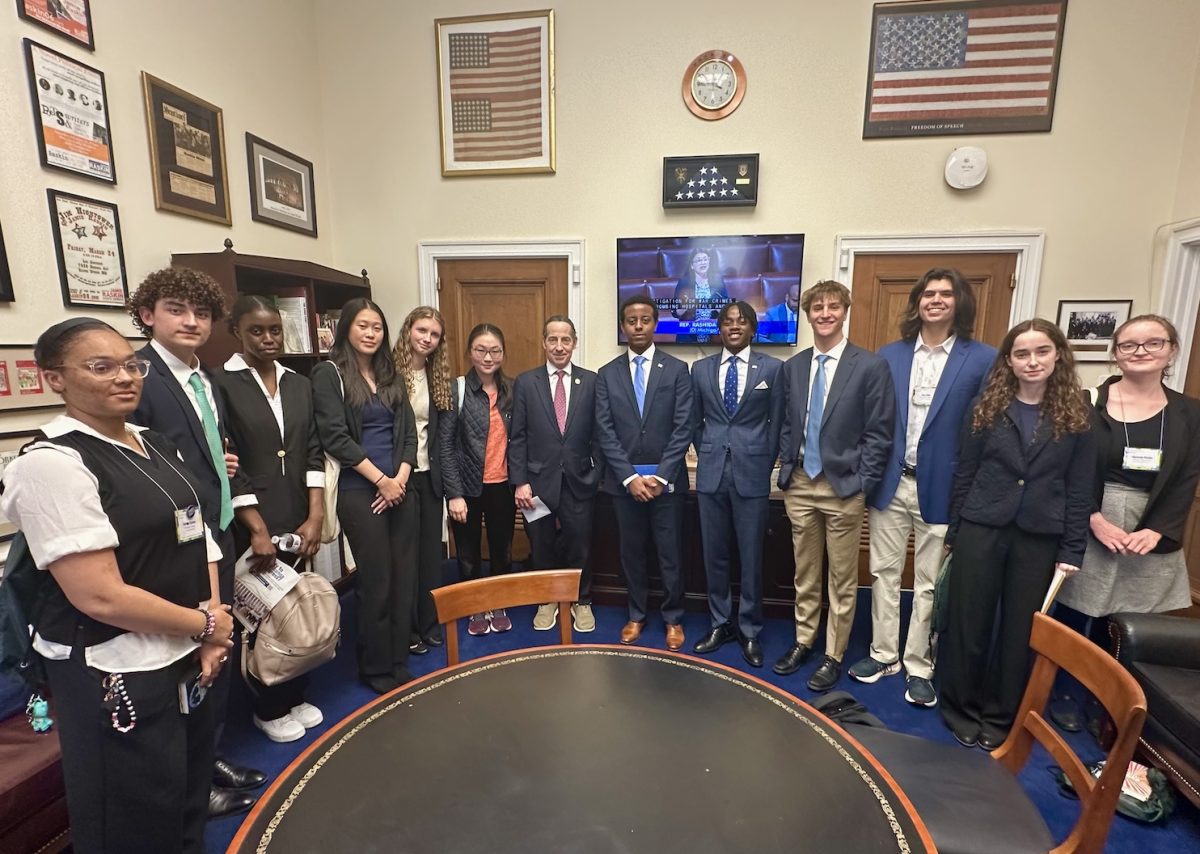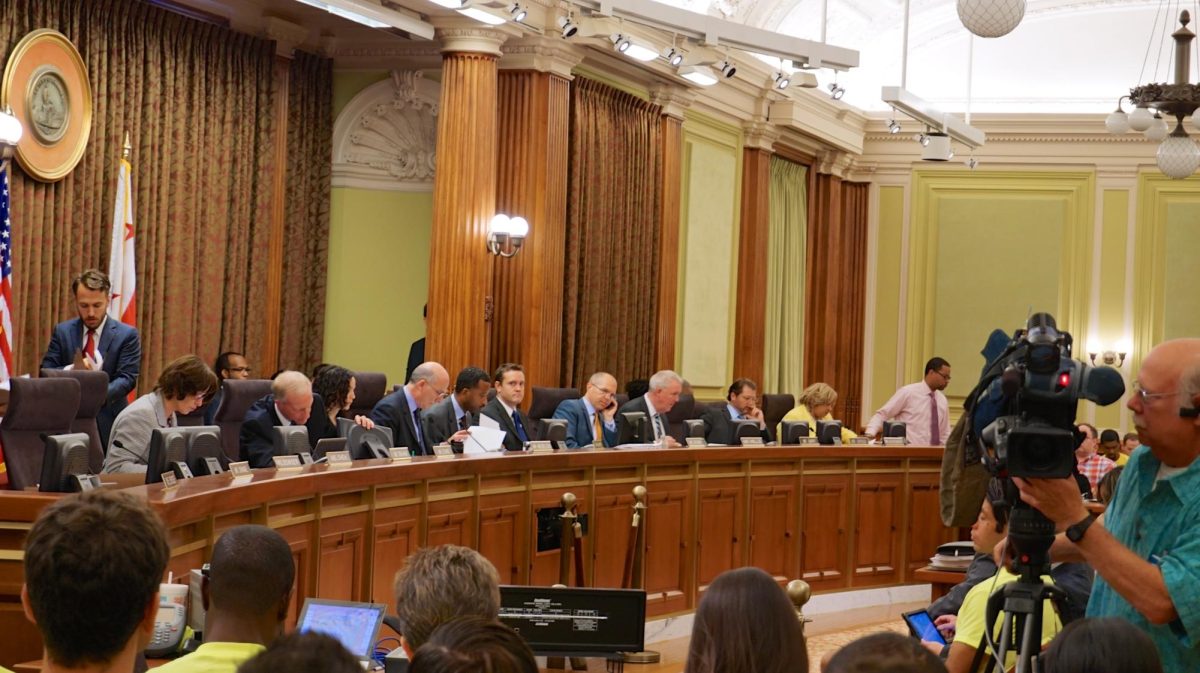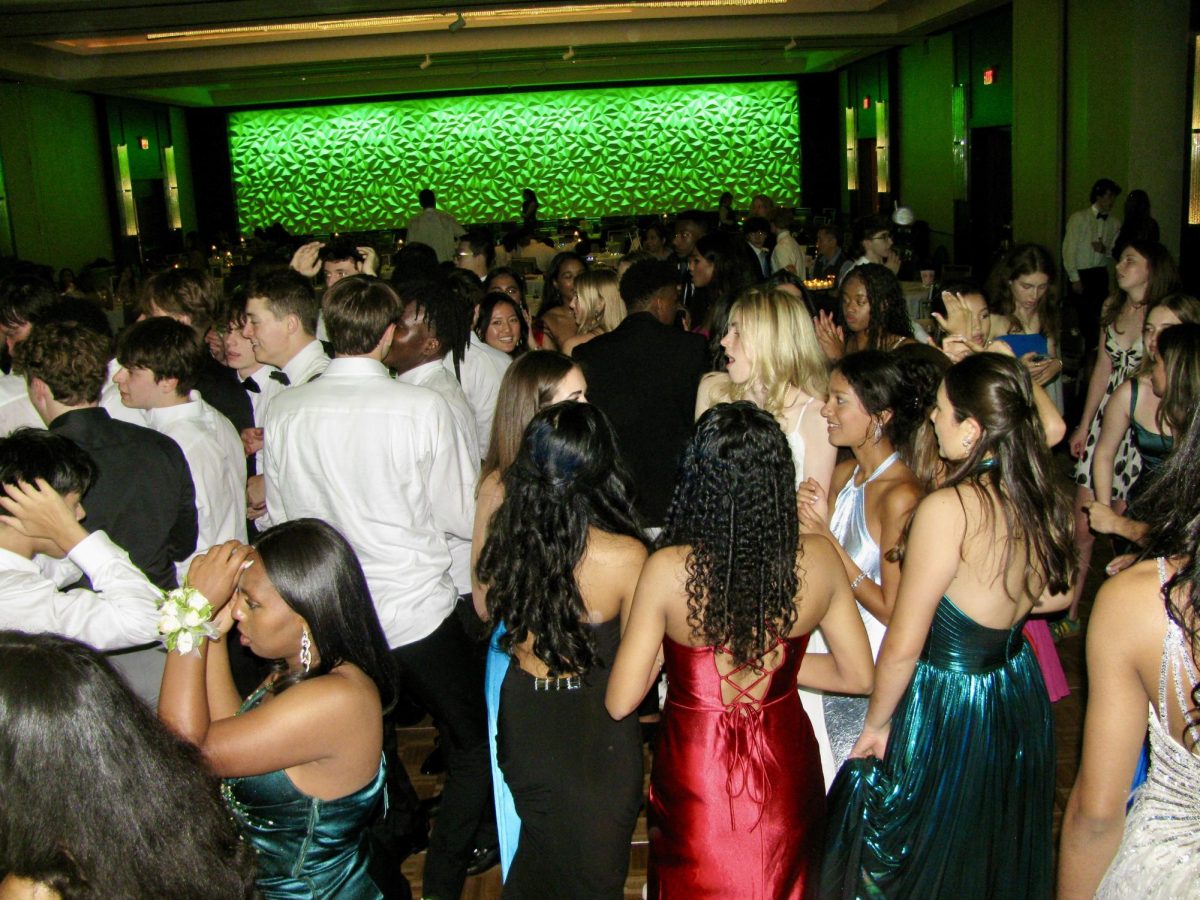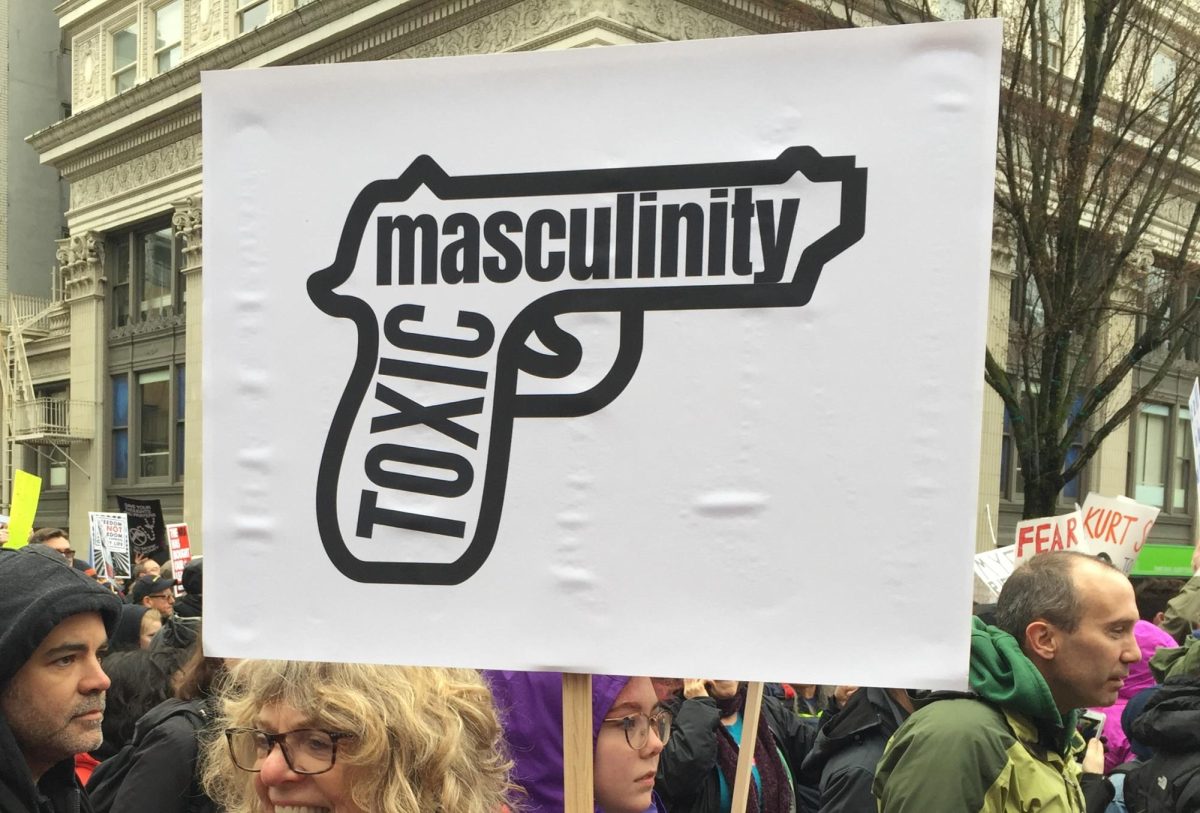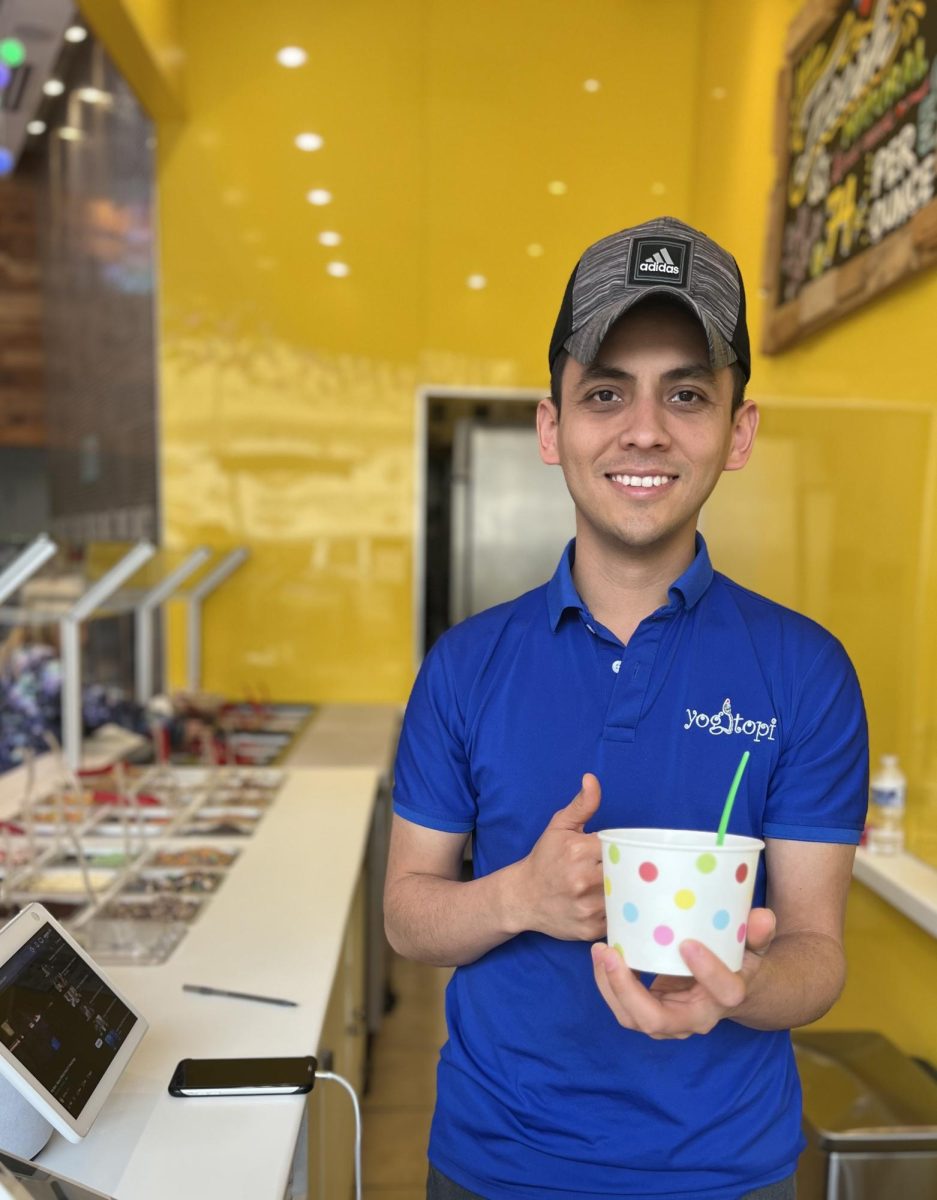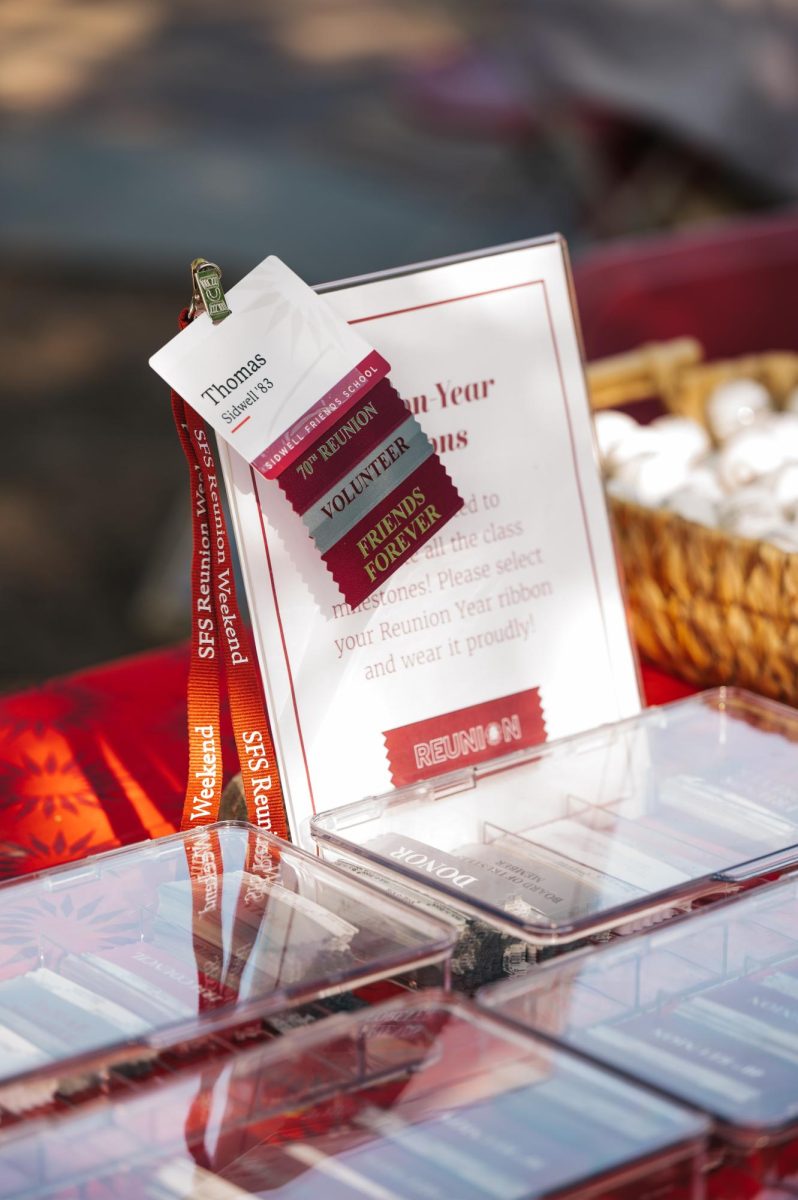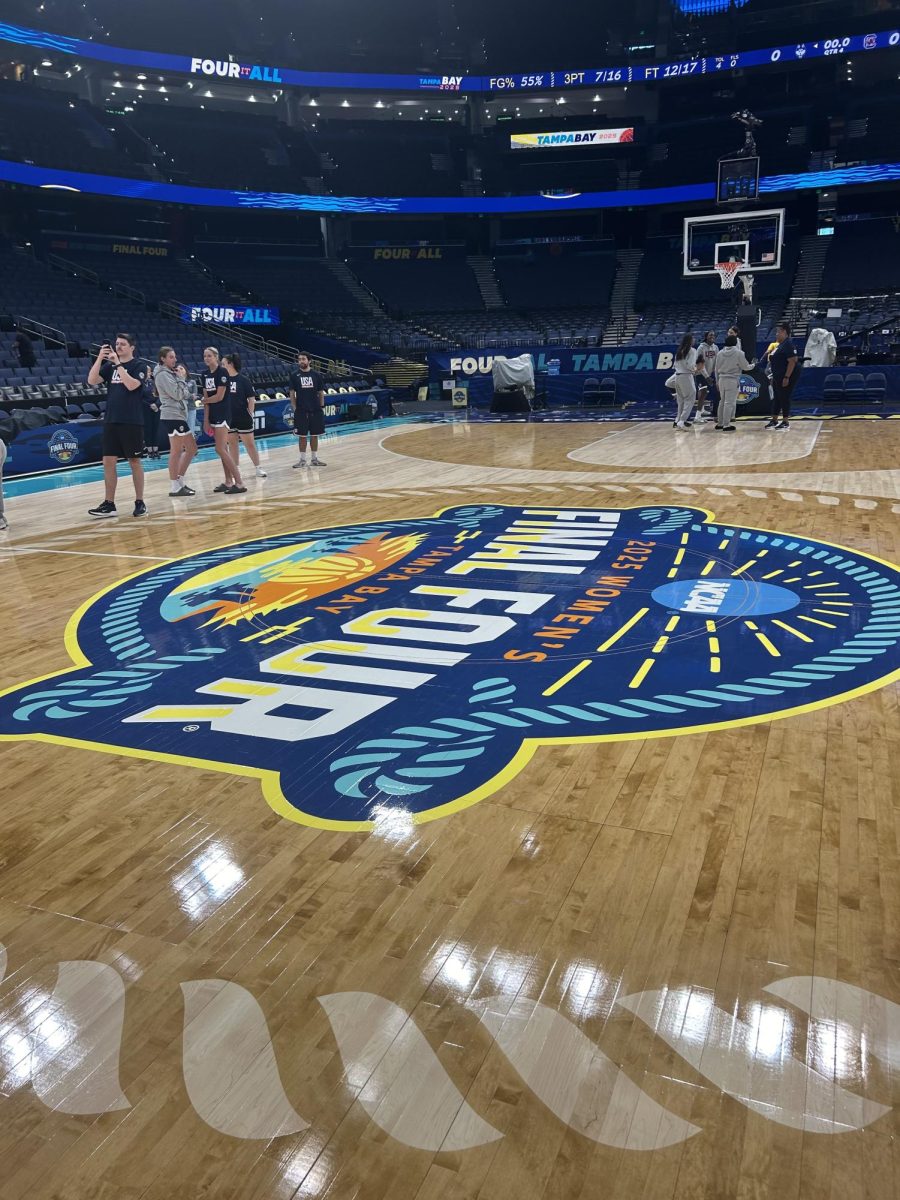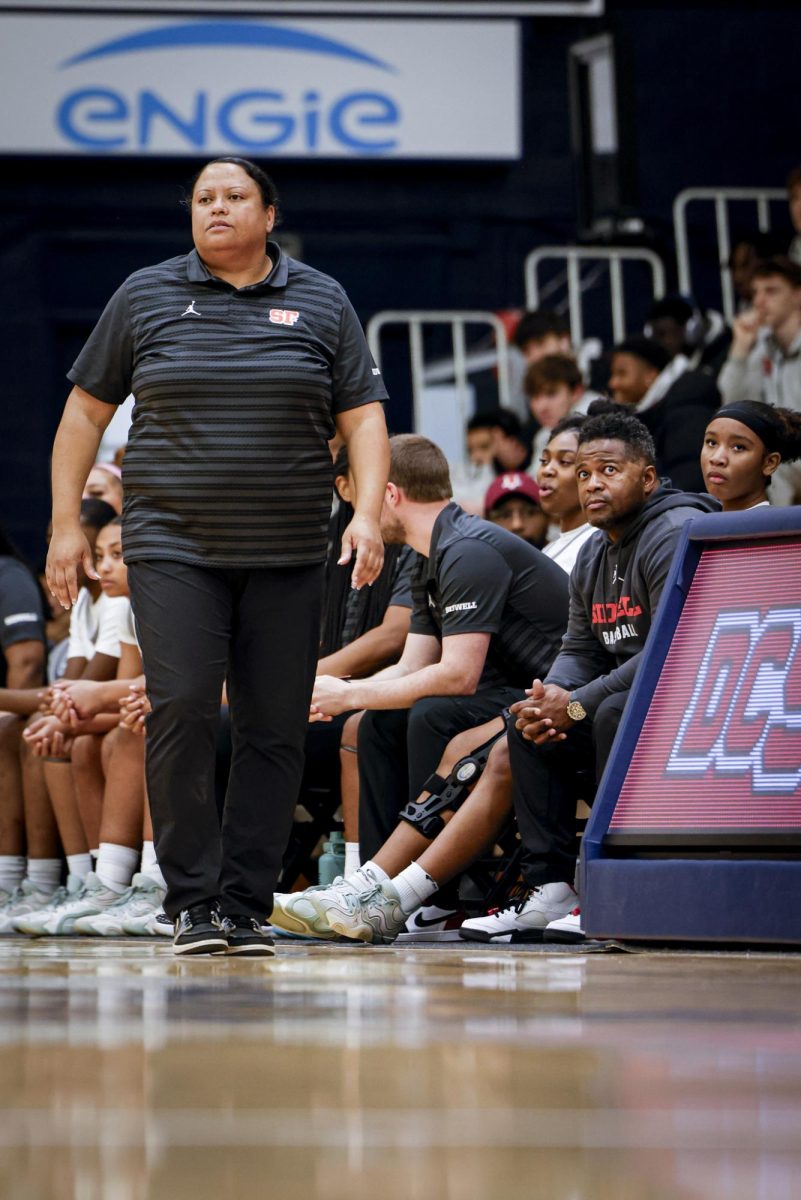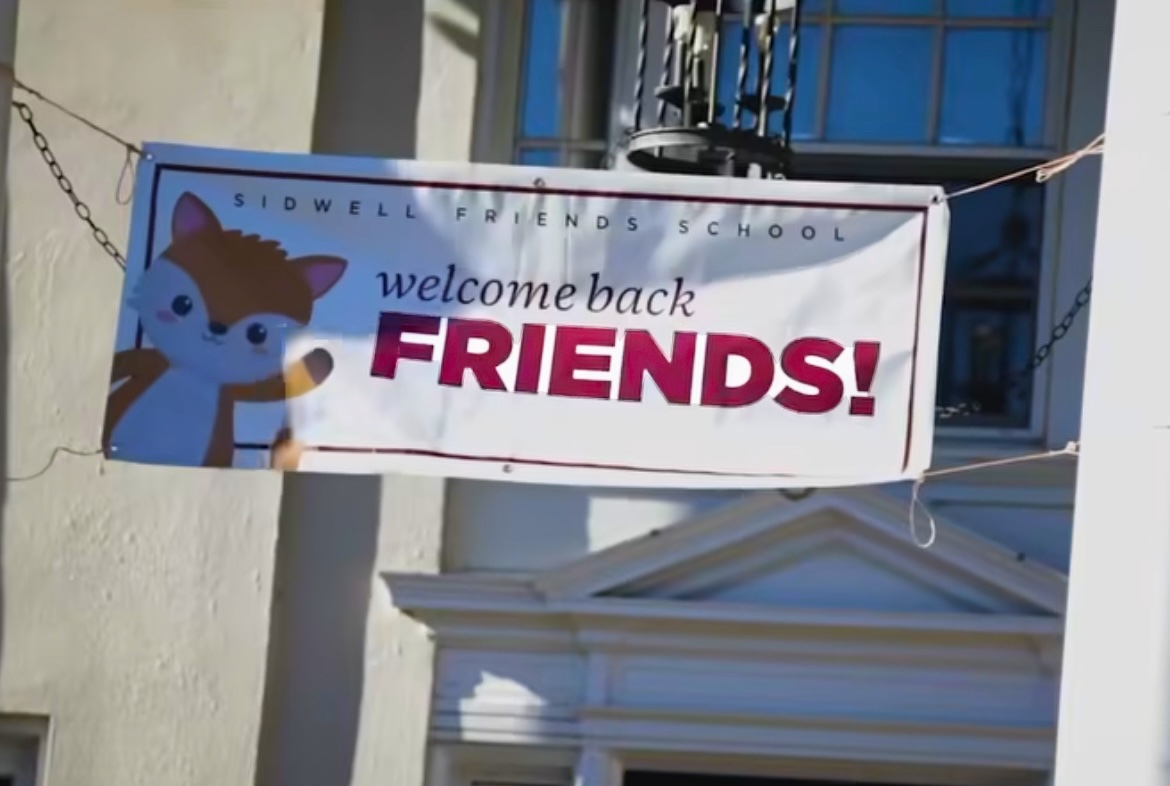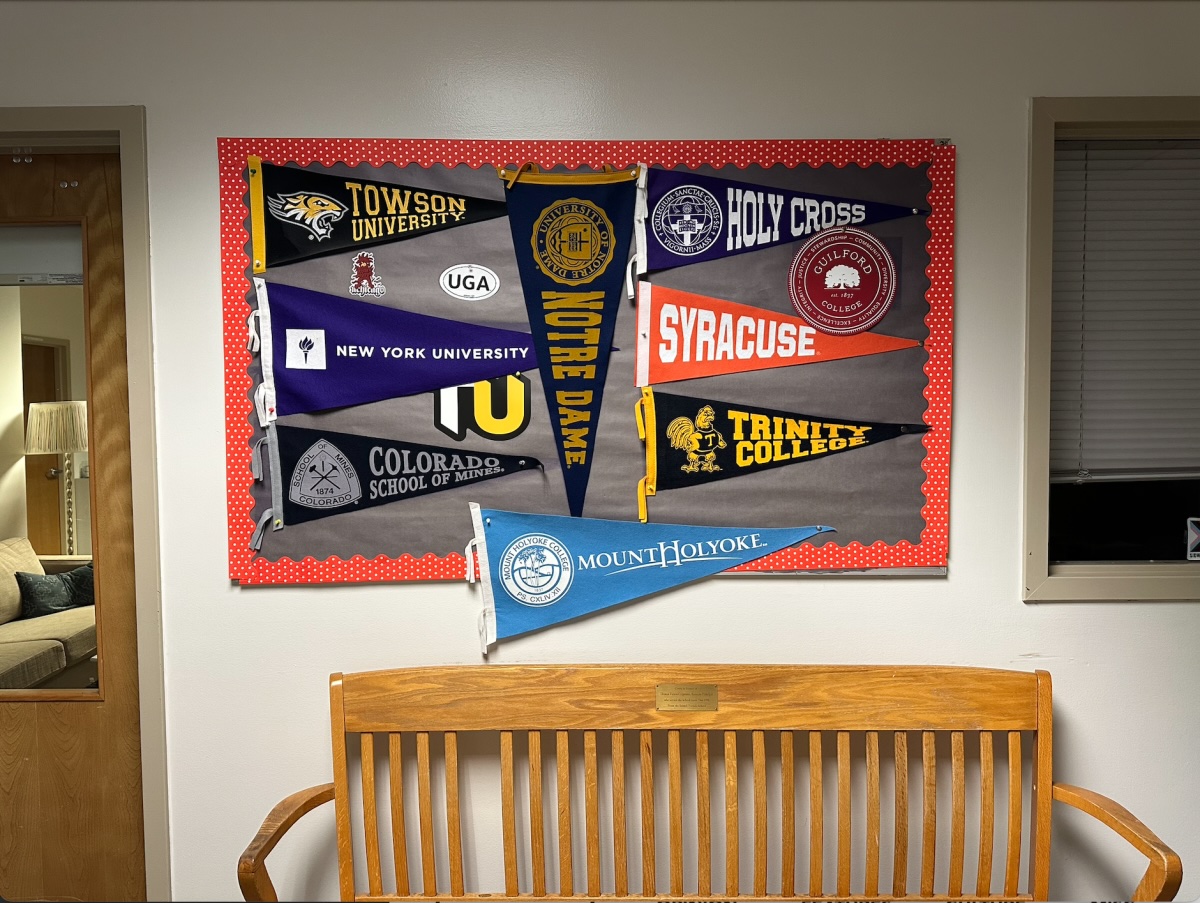The first day of ninth grade orientation kicked off with an assembly to introduce ninth graders, both new and returning, to the Sidwell Upper School. Later, students received their laptops and attended lessons about the appropriate use of technology, followed by lectures about learning support and counseling. After finding their lockers and walking through their daily schedules to become familiar with the building, ninth graders were introduced to their advisories, where they chatted about the upcoming school year. The day concluded with a discussion of community expectations and the Quaker tradition of Meeting for Worship.
The second day of orientation was focused on community service. Students made sandwiches, filled snack bags and packed backpacks with school supplies to donate to organizations like Martha’s Table that serve low-income families. The day was an opportunity for bonding between classmates and a nice break from lectures about high school life.
The following week, the school year began, but according to freshman Oliver York, “The first day felt like what we did in orientation.” The opening assembly was remarkably similar to the one from orientation, with additional talks about technology following. Once again, students met with their advisories and to discuss community norms and expectations. “It would have been better to have a normal first day of school. It felt like we were doing ninth-grade orientation all over again,” added freshman Chaitan Altevogt.
Orientation was helpful, as it familiarized ninth graders with the fundamentals of upper school, introduced returning students to their new peers and allowed incoming ones to familiarize themselves with the Upper School campus before the first day. The two days of orientation made the transition from Middle School smooth for everyone. However, the all-school introduction to the Upper School on the first day was unnecessarily repetitive. It is unnecessary to have multiple sessions to discuss community norms or technology use, and to lay out the expectations that we stick to our schedules, stay on time, and be respectful. Orientation should stay as it is, but the first day of school should become a hybrid of welcoming students back, having them meet their teachers and adapting to their new classes.
While repetition is a part of learning, serving to reinforce ideas and cement concepts in our minds, keeping this experience shorter and less repetitive would make it more meaningful and enjoyable and make the first day of school feel like high school has truly begun.








